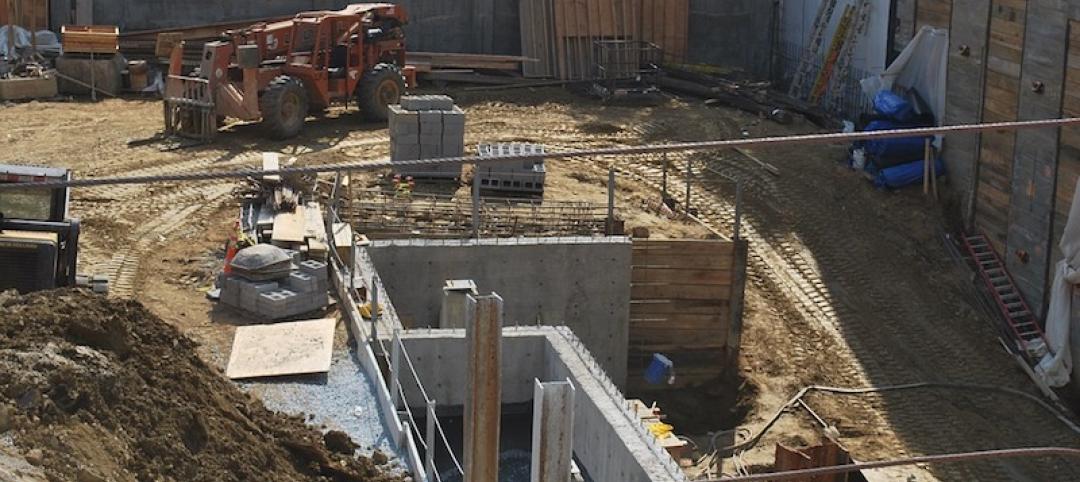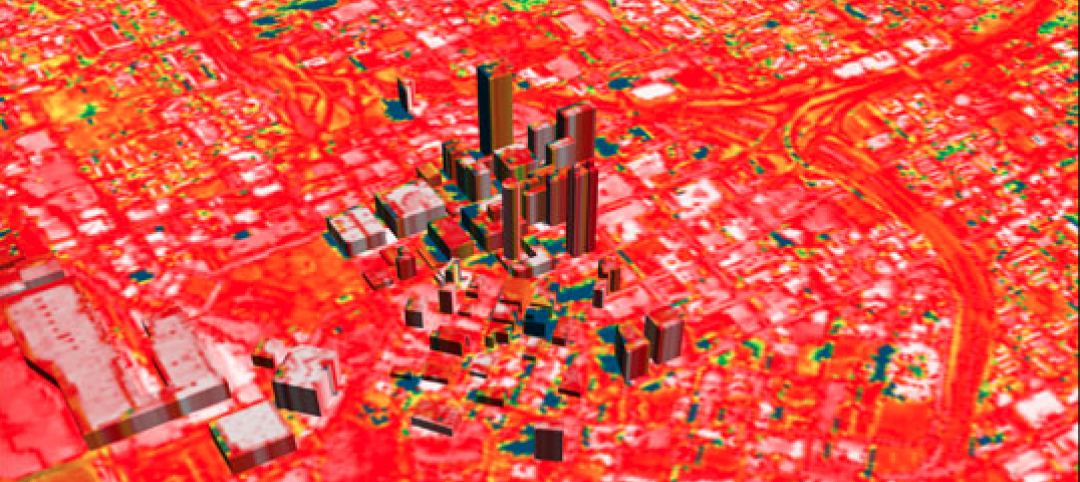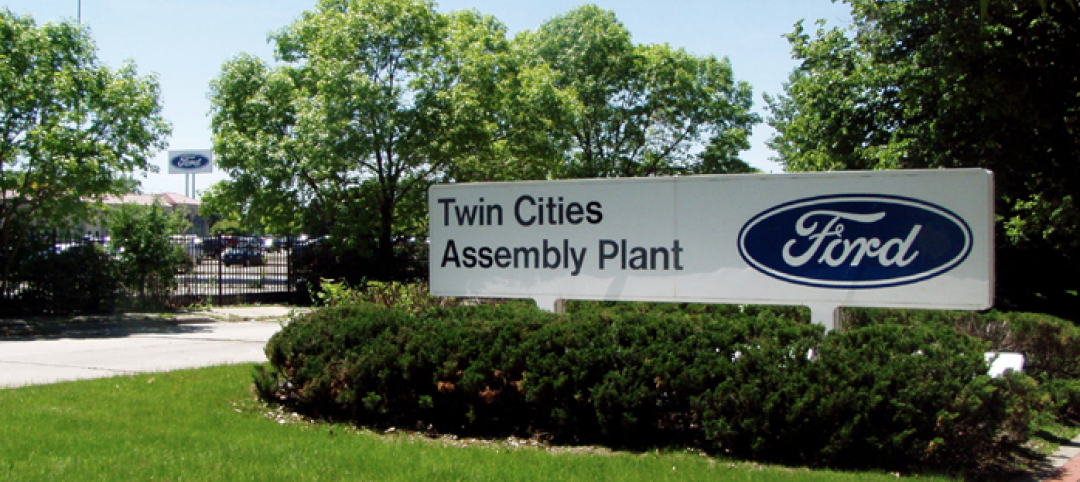Commercial property owners should commit to greenhouse gas (GHG) reduction—a strategy that reaps financial benefits and prevents buildings from becoming stranded assets, according to an energy efficiency consultant writing in GlobeSt.
A systematic drive to reduce emissions across the portfolio will garner savings on energy and water, as well as on levies for exceeding carbon emissions standards enacted by local governments. Decarbonization can avoid “stranded assets … properties that will be exposed to the risk of early economic obsolescence due to climate change because they will not meet future regulatory efficiency standards or market expectations.”
The first step is to set minimum standards for the entire portfolio and efficiency goals for individual properties. Portfolio standards could be performance based (e.g., 10% reduction of all assets by 2030), or prescriptive based (e.g., 100% LED lighting at all assets by 2025).
An energy and water audit, a comprehensive analysis of the property’s energy and water consumption using the ASHRAE Energy Audit Standards, should be conducted at each site. The audit measures energy and water usage, identifies property conditions that may cause excessive use, and provides efficiency measures to improve energy and water efficiency.
Other GHG reduction measures include building automation and controls, retro-commissioning, sourcing green energy from utilities, fully electrifying buildings, and integrating renewable energy systems into the property.
Related Stories
Codes and Standards | Aug 17, 2018
Zoning changes can be crucial to filling large, empty retail spaces
Alternative uses often require action by local officials.
Codes and Standards | Aug 16, 2018
Nearly a quarter of opioid overdose deaths attributable to construction workers
Massachusetts public health study finds pressure to work in pain contributes to problem.
Codes and Standards | Aug 15, 2018
ICC creates new committee on building safety and security
Will include experts from many different disciplines.
Codes and Standards | Aug 14, 2018
Philadelphia adopts 2018 IECC energy code, while state opts for 2015 code
City is one of the first jurisdictions to adopt newest code.
Codes and Standards | Aug 9, 2018
Denver’s goal of 100% renewable energy by 2030 includes net zero energy buildings
Community solar programs for low income residents part of plan.
Codes and Standards | Aug 8, 2018
Too much parking in U.S. cities proving costly
As car ownership rates drop, excess parking seems more wasteful.
Codes and Standards | Aug 7, 2018
International Fire Safety Standards (IFSS) Coalition created
Professional associations and building standards organizations join forces.
Codes and Standards | Jul 31, 2018
Workers allegedly held in captivity by construction subcontractor in San Jose pay theft case
Contractor pays $250,000 in back wages in Dept. of Labor enforcement action.
Codes and Standards | Jul 17, 2018
Heat island effect can turn deadly in extreme conditions
Of all the impacts of global climate change, it’s extreme heat that kills more Americans each year than any other weather-related event.
Codes and Standards | Jul 17, 2018
NIMBYism, generational divide threaten plan for net-zero village in St. Paul, Minn.
The ambitious redevelopment proposal for a former Ford automotive plant creates tension.

















